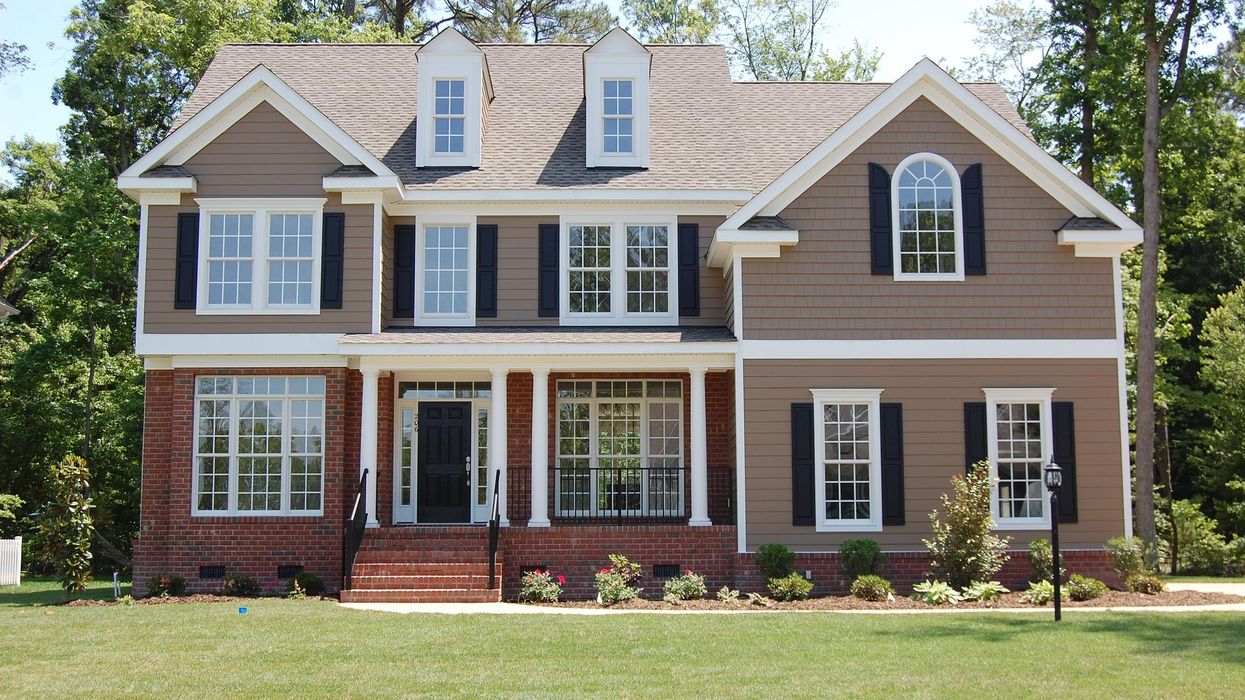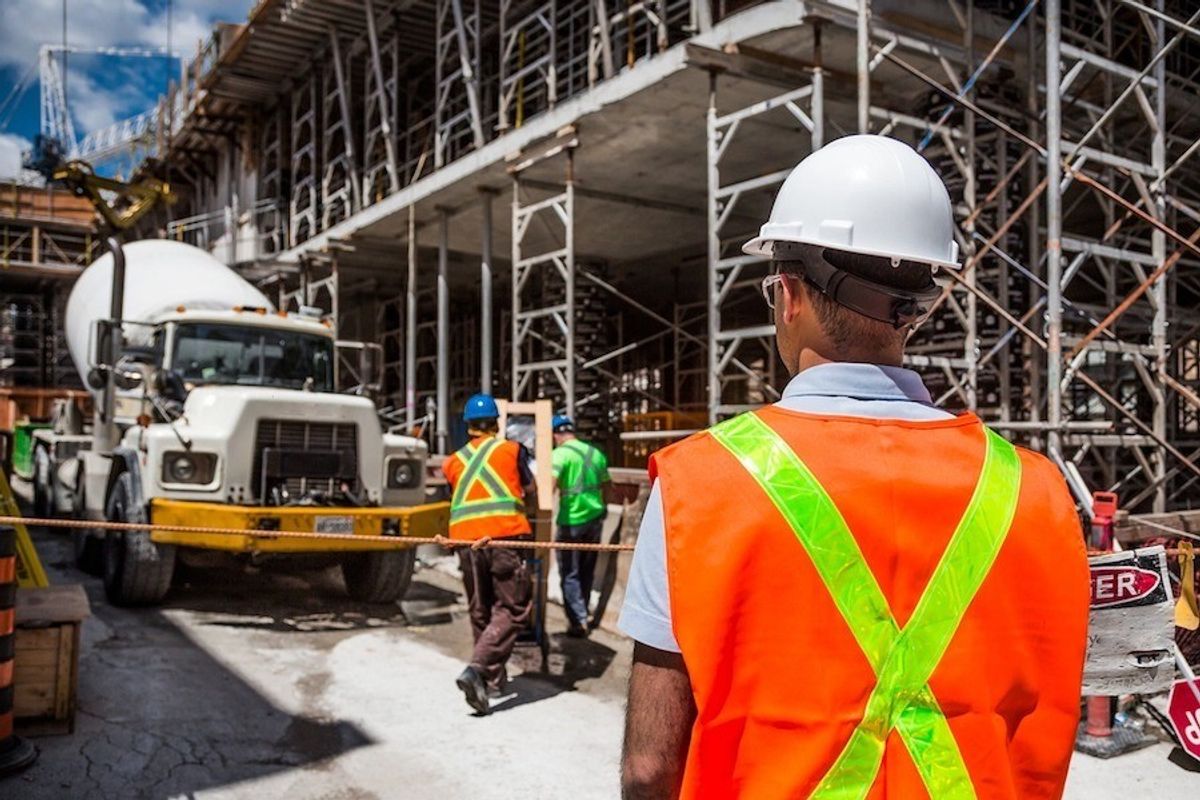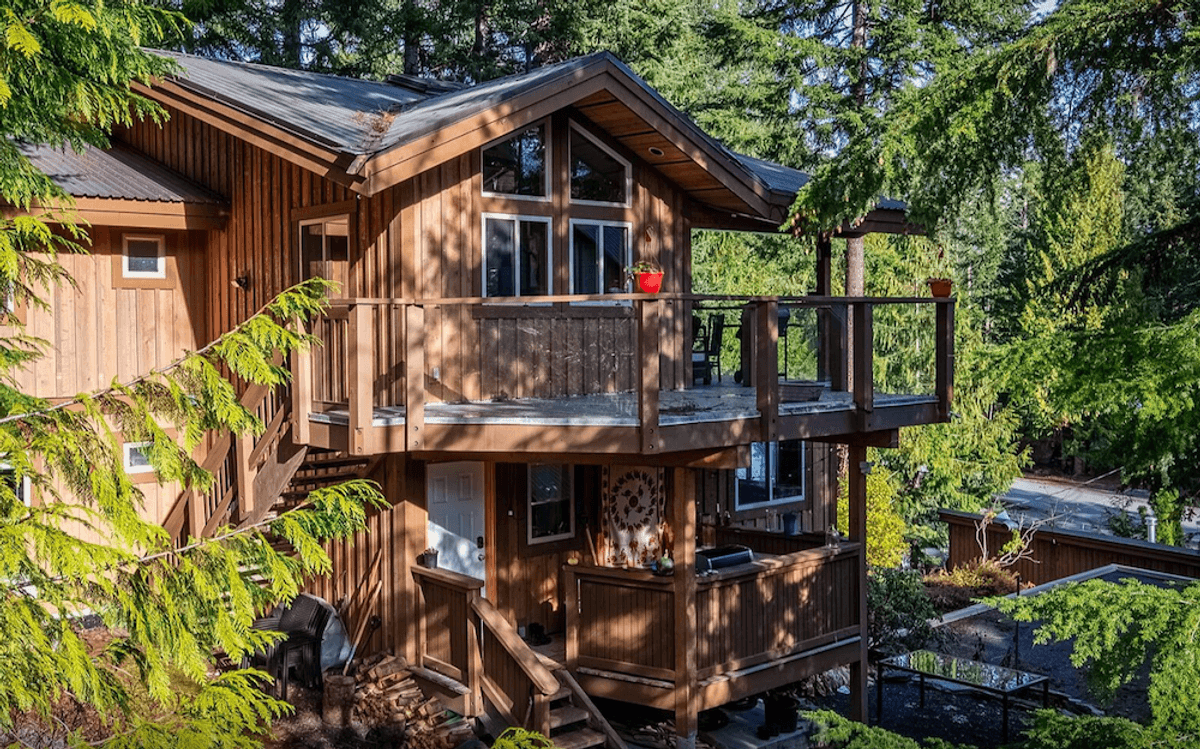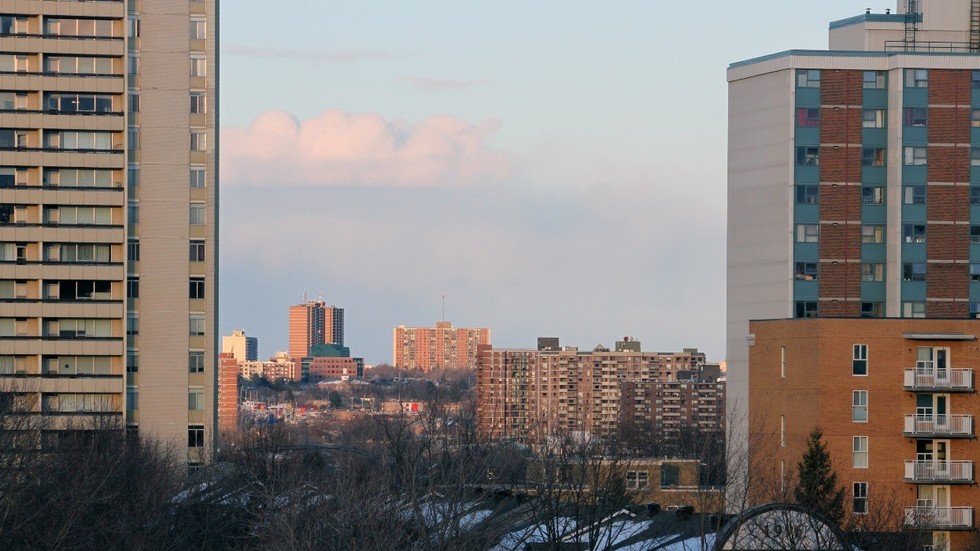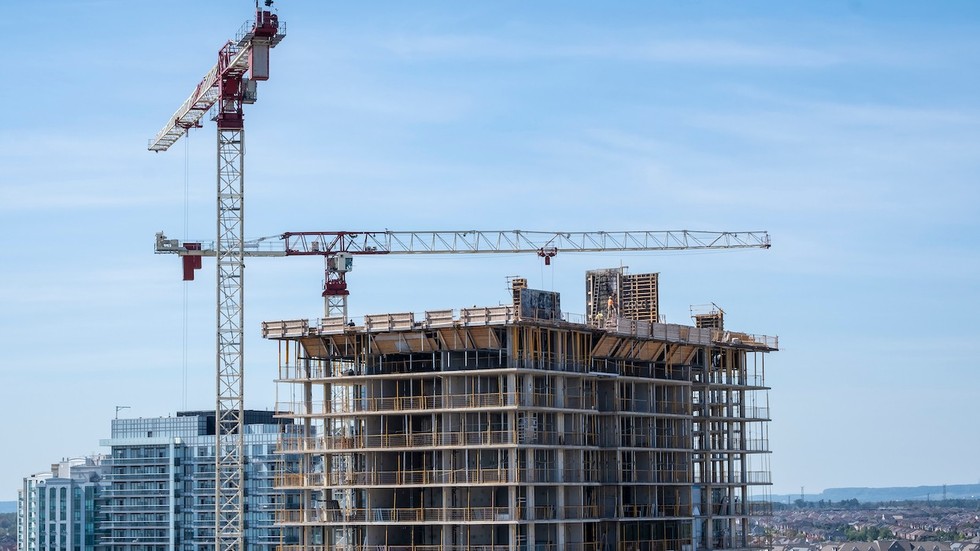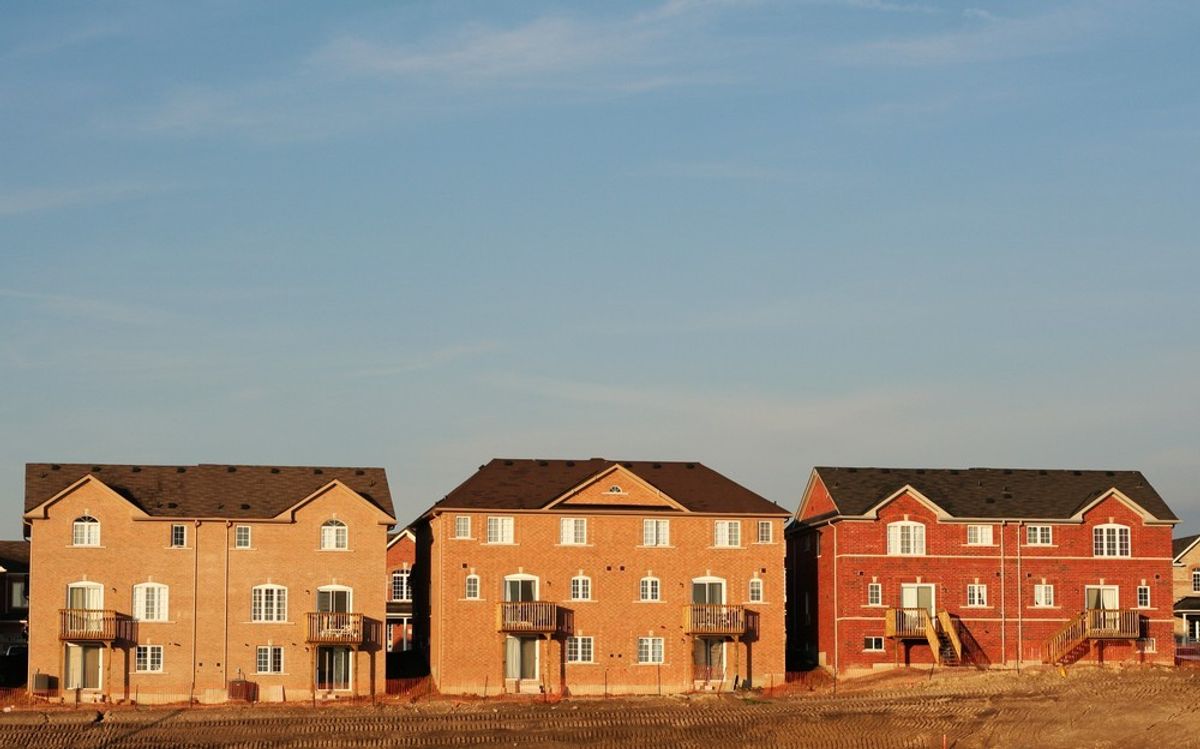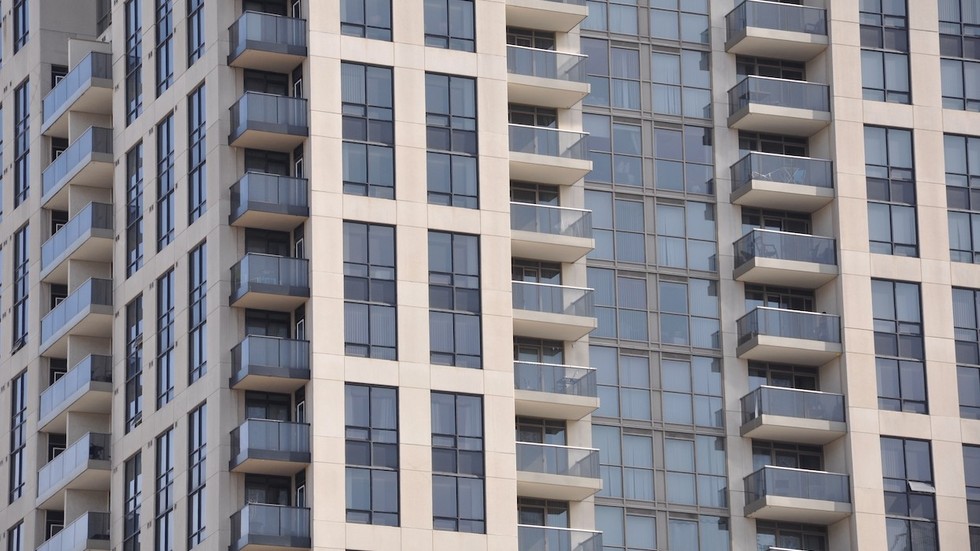Toronto is one of the most expensive real estate markets in the entire country, pricing many would-be buyers out of the market.
According to the Toronto Real Estate Board (TREB), all home types in the GTA of late have an average price of $843,115. So, saving up a down payment hefty enough to secure a mortgage can be a tough feat.
And the prices just keep on rising.
Even saving up a 5 per cent down payment - which is the minimum required for a high-ratio conventional mortgage - can be difficult. Based on the current average home prices in the city, 5 per cent would amount to $42,155.75. That's a big sum for anyone to scrounge together, especially if there's other debt that needs to be handled.
And with the mortgage stress test that needs to be passed - despite recent dips in test rates - it can be even tougher to get approved for a home loan the traditional way.
READ: Does Canada Still Need The Mortgage Stress Test?
So, what's a home-buyer hopeful in Toronto supposed to do?
Rather than get stuck in a perpetual cycle of renting, there may be another viable option: rent-to-own. What is this program, and is it something you should consider in lieu of a traditional mortgage and home purchase?
What is Rent-to-Own?
A rent-to-own program involves paying ‘rent’ each month to the owner of the property, much like you would if you were a tenant paying a landlord. The difference, however, is that a portion of the rent being paid in a rent-to-own program goes toward your down payment, if you choose to purchase the home at a set date in the near future.
Considering this, a rent-to-own program can allow you to live in the home while you're still saving up for your down payment, rather than having to save up for years beforehand. You can enjoy the place as if it was your own - with certain restrictions that the owner will likely enforce - while also building up some equity at the same time.
There are many financial obstacles that consumers face when it comes to buying a home. In addition to an insufficient down payment, sub-par credit may also get in the way of securing a mortgage. But a rent-to-own program may be able to make your dreams of homeownership happen much sooner.
READ: 5 Ways To Improve Your Credit Score In 2019
How Does a Rent-to-Own Program Work?
As mentioned, part of the rent paid goes toward the down payment of the property, which is the underlying basis of this type of program. When you first enter the agreement, both you and the owner will agree on a purchase price for the home if you choose to exercise your right to buy it in the future. Keep in mind that this is not an obligation, but an option to purchase. You can refuse to buy the property, if you so choose, once the contract expires.
The purchase price for the home will be stipulated in the contract. If things work out well for you, the price may be lower than what the home would be worth according to market conditions at the time of purchase. As such, you may be able to gain some equity in this manner.
READ: Toronto Housing Market Still At Risk Despite National Improvements
It's advised that you team up with a professional who will represent you and look out for your best interests before you sign a rent-to-own contract, such as a real estate agent or lawyer.
According to Ontario law, you need to complete and sign two agreements in order for a rent-to-own program to go through: the 'option to purchase' agreement and the 'lease agreement'. Within these agreements will be specific terms that are crucial to a sound contract, including the following:
- Lease term (how long you will be leasing the home from the landlord, which generally is anywhere from three to five years)
- Rent amount
- When payments are to be made (ie. on the first of each month)
- How payments are to be made
- Date of possession
- Expiry date
- Who covers the cost of utilities
- What can and can't be done to the property
- Final purchase price of the property
- The date that you are able to purchase
- The exact portion of the rent that goes toward the down payment
- Down payment amount required
READ: Ask An Agent: Should You Devote All Your Savings To Your Down Payment?
What Are the Drawbacks of a Rent-to-Own Program?
Buying a home sooner and building equity are just some of the benefits of a rent-to-own program. But here are a few potential drawbacks to keep in mind:
- Risk of losing the funds you put towards building the down payment if you don't exercise your right to buy
- Lack of total control over the property, as you would if you were to buy it outright
- Possible chance that the value of the home will be less than the price you agree to pay for it
- Risk of being evicted if you don't make your payments
- Chance of being a victim of a scam if you're not careful
READ: Ask An Agent: What’s The Most Affordable Way To Enter The Toronto Real Estate Market?
Final Thoughts
Is a rent-to-own program right for you? Before you leap into the program, make sure you've carefully assessed your financial situation and determined whether or not you'd be able to secure a mortgage on your own. Weigh the pros and cons of the program and consult with a professional to help you make the right decision for you.
